As a parent, your baby’s well-being is your top priority. You want them to sleep soundly and comfortably, which is where sound machines come in. But recent headlines might leave you wondering: can these soothing devices be harmful? Here’s what you need to know about baby sound machines and hearing loss.
The benefits of baby sound machines
There’s no denying the calming effect of white noise or nature sounds on little ones. Baby sound machines can:
- Block out disruptions: Masking household noise or a fussy sibling, sound machines can promote longer stretches of sleep.
- Create a calming routine: Consistent white noise can signal bedtime, helping your baby wind down.
- Soothe fussy babies: The shushing effect of white noise can be a lifesaver for calming a crying baby.
Addressing hearing loss concerns
A 2023 report by the American Academy of Pediatrics (AAP) addressed concerns about excessive noise and children’s hearing health. While sound machines themselves aren’t inherently dangerous, the AAP highlights the importance of safe use to prevent hearing damage.
Here’s what to remember:
- Volume matters: The AAP recommends keeping the volume below 50 decibels (dB), similar to a soft conversation. Many sound machines exceed this limit at their highest volume setting.
- Distance is key: Placement is crucial. Keep the sound machine at least two feet away from your baby’s crib to ensure safe sound levels.
- Not an all-nighter: There’s no need for constant white noise. Turn off the machine once your baby falls asleep.
Creating a safe sleep environment with sound machines
By following these tips, you can harness the benefits of sound machines while prioritizing your baby’s hearing health:
- Choose a machine with adjustable volume: Opt for models with multiple volume settings to find the perfect level for your baby.
- Look for a distance feature: Some sound machines project sound upwards, minimizing the volume reaching the crib.
- Consider a timer: Set the machine to turn off automatically after a predetermined time.
Early detection of hearing loss
While sound machines used properly are unlikely to cause hearing loss, it’s important to be aware of the signs. If you notice any of the following in your baby, consult your pediatrician for a hearing evaluation:
- No startle response: Newborns often startle at loud noises. If your baby doesn’t react to sudden loud sounds, it could be a sign of hearing loss.
- Delayed speech and language milestones: Babies typically coo and babble by 6 months, and use simple words like “mama” or “dada” by 1 year. Delays in these milestones can indicate hearing problems.
- Inconsistent hearing: Your baby seems to hear some sounds but not others.
- Doesn’t respond to voice: Your baby doesn’t turn towards familiar voices or react when called by name.
Peace of mind and restful nights
Sound machines can be a valuable tool to create a calming sleep environment for your baby. By prioritizing safe volume, placement and being aware of signs of hearing loss, you can ensure your little one gets the rest they need without compromising their hearing health.
 https://riseandshine.childrensnational.org/wp-content/uploads/2026/02/olympics-feature.png
300
400
webteam
https://riseandshine.childrensnational.org/wp-content/uploads/2017/11/childrens_riseandshine_logo.jpg
webteam2026-02-05 16:41:512026-02-06 08:51:52What the Winter Olympics can teach our children
https://riseandshine.childrensnational.org/wp-content/uploads/2026/02/olympics-feature.png
300
400
webteam
https://riseandshine.childrensnational.org/wp-content/uploads/2017/11/childrens_riseandshine_logo.jpg
webteam2026-02-05 16:41:512026-02-06 08:51:52What the Winter Olympics can teach our children






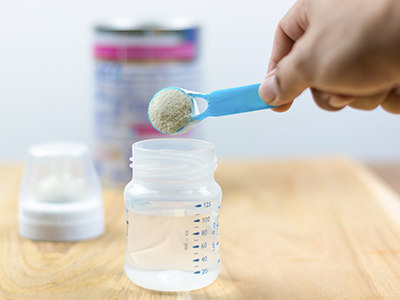
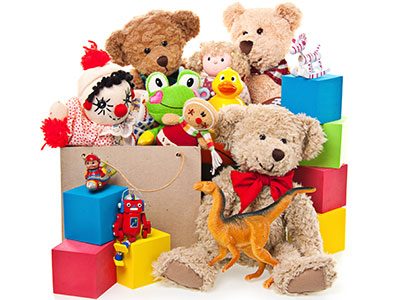
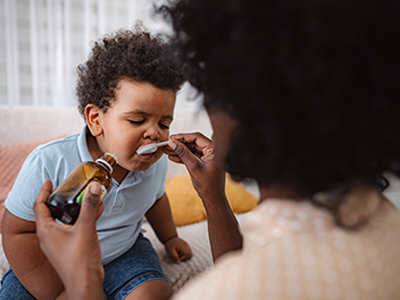

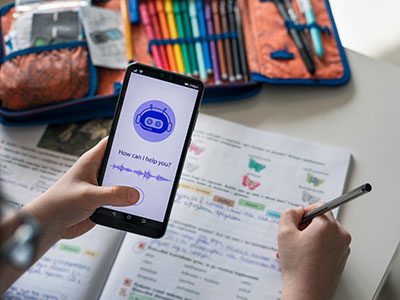

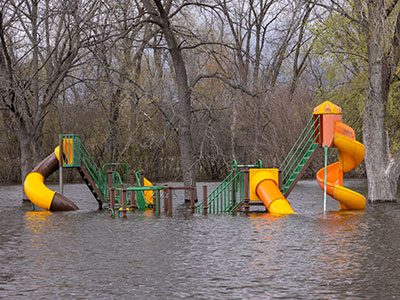
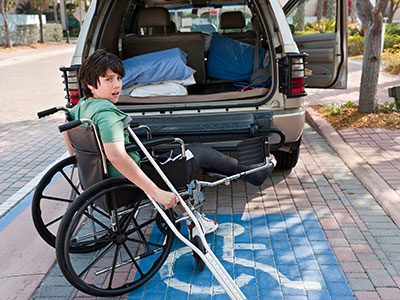
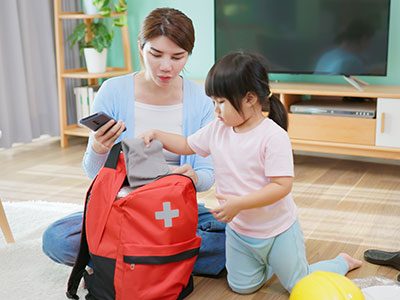

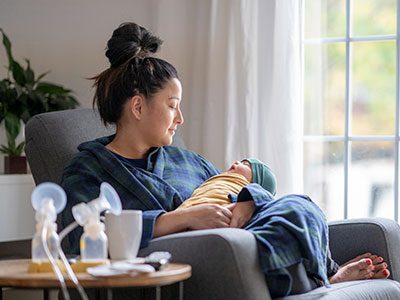
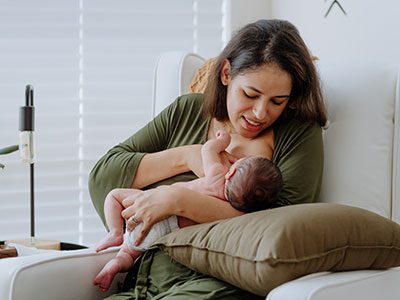



Leave a Comment
Want to join the discussion?Feel free to contribute!